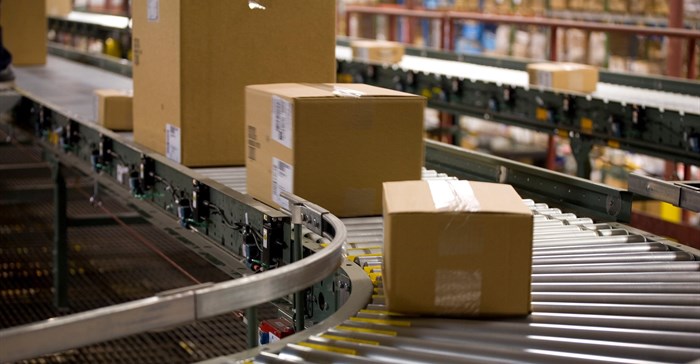
According to MarketsandMarkets' 2019 procurement research report, the global procurement market is expected to grow by 7.6% over the next four years, from R77.7bn to R112.2bn by 2024.
In a developing nation like South Africa, procurement is a vital means to controlling spend when organisations can fork out more than two-thirds of revenue on procurement, or procurement’s level of transparency can be used as a means to combat corruption (especially considering that the latter can add up to 25% of the cost of procurement contracts) or to protect a company’s brand by maintaining a level of accountability.
Ntsane says: "We, for example, use a system that helps us capture all items we’ve purchased, along with detail like price, units of measure, product codes and descriptions, source and delivery locations. This helps with analysing our buying frequency, from whom we buy and how much, what our price ranges are and which locations order in which product. And we’re working on digitising this even further and providing real-time analytics to enable faster decision-making."
The business, for example, is using total cost of analysis (TCO) analytics to evaluate the cost and efficiency of what it sources, taking into account all direct and indirect operating costs over the lifetime of the product/service (eg, maintenance, warranties, disposal cost, transition, training, upgrades, support).
"Although we still operate in some areas on a manual basis, our focus is very much about bringing the procurement department into a fully digitised, automated basis," says Ntsane, "but as with everything, this involves the necessary manpower, skills and investment."
Part of this digitisation journey will see procurement beginning to evaluate suppliers through electronic surveys rather than subjective paper-based assessments, with the surveys backed by additional data and more advanced performance tools that can assess key performance indicators (KPIs) such as compliance, on-time in-full deliveries, quality conformance, and invoicing accuracy.
As a means of upholding the scale of its business and strengthening strategic collaboration and alliances, procurement is focused on transitioning to digitised data storage in order to improve real-time analytics and enable it to know exactly which areas of collaboration to focus on and what value such efforts will yield. "Again, it brings home the point that how data within a logistics procurement is mined, stored and analysed will determine how great the cost savings and levels of efficiency and innovation are for a logistics business – and we’re determined to reach and exceed that goal too," adds Ntsane.
Machine learning, a form of artificial intelligence (AI), is also set to become a critical lever in the business' procurement digitisation journey. While the company still conducts an exercise of analysing procurement spend and creating spend classifications/categories by assessing each transaction and allocating it to a predetermined classification – a process that can take up to six months – it is working towards using machine learning to provide predictive purchasing patterns, suspected risks and recommended best sourcing options that could yield better value and cost savings.
Taking a calculated leap into the 4IR realm will give businesses the competitive edge and progression it needs and wants.
The business has issued a Request For Proposal (RFP) for implementing an automated procurement platform as part of its formal Procurement Digitisation Roadmap strategy rollout. The aim is to create efficiencies across the board, including greater visibility, cost savings and improved governance, by linking data and work flows across modules such as vendor management, sourcing, procure to pay, contracts, spend analytics and supplier performance management.
"We personally want to change the landscape of our efficiency and bargaining power and also elevate how we collaborate with suppliers in our supply chain," says Ntsane. "Taking a calculated leap into the 4IR realm will give businesses the competitive edge and progression it needs and wants."